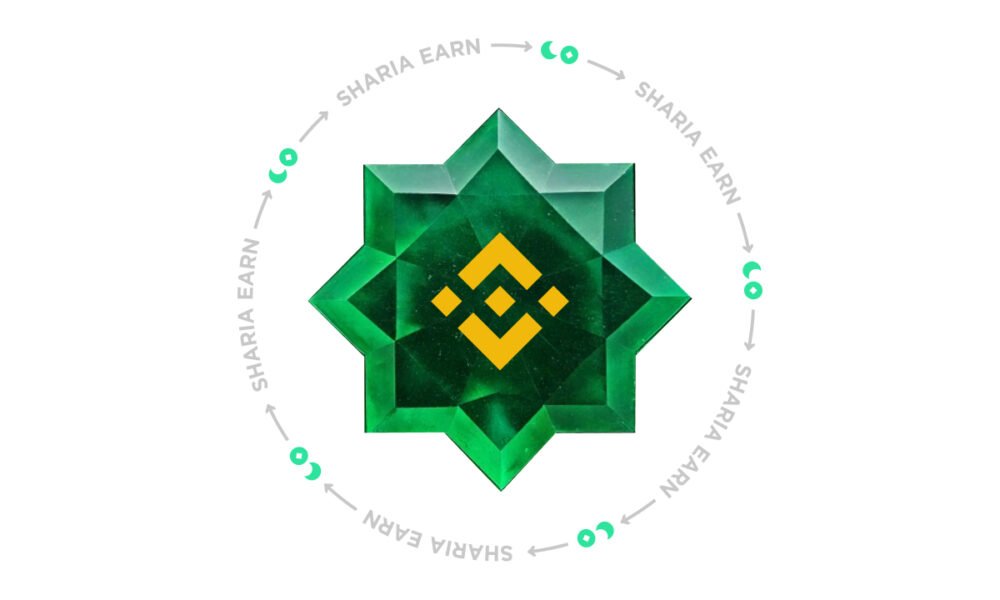Binance has launched Sharia Earn, the world’s first multi-token staking service that complies with Islamic finance principles.
The cryptocurrency exchange has received certification from Amanie Advisors, a recognised Sharia advisory firm, for the product.
The service addresses a market gap in the $4 trillion Islamic finance sector, where millions of Muslims have been unable to participate in decentralised finance due to religious compliance concerns.
Binance bridges crypto and Islamic finance gap
Sharia Earn enables users to earn passive income from cryptocurrency investments whilst adhering to Islamic law.
The platform launches with support for BNB, ETH, and SOL tokens. Users can earn yield through staking mechanisms that have been reviewed by Sharia scholars and approved under Islamic finance principles.
Richard Teng, CEO of Binance, said: “Our mission has always been to create an inclusive and transparent trading environment. With this product we’re empowering the Muslim community and Sharia-focused investors to participate in one of the most exciting financial revolutions of our time. This is more than a product – it’s a movement toward a more principled and equitable digital economy that promotes financial freedom for all.”
The service operates under Islamic finance guidelines that include risk sharing, wealth circulation, prohibition of interest (riba) and excessive uncertainty (gharar).
Amanie Advisors has certified that all funds deployed through the platform are channelled into ventures and assets that are halal (permissible) under Islamic law.
Binance has built the service using technology from its existing BNB Locked Products, ETH Staking and SOL Staking infrastructure.
The mechanics of each staking method have been reviewed by Sharia scholars and operate through a Wakala agreement structure.
Sharia Earn will initially be available in Afghanistan, Algeria, Bangladesh, Bhutan, Egypt, Indonesia, Iraq, Jordan, Kuwait, Lebanon, Libya, Maldives, Morocco, Nepal, Oman, India, Pakistan, Palestinian territories, Qatar, Saudi Arabia, Sri Lanka, Sudan, Tunisia, Turkey (.com), United Arab Emirates, Yemen, Uzbekistan, Kyrgyzstan, Turkmenistan, Azerbaijan, and Tajikistan.
This marks Binance’s first entry into Islamic finance products and represents the convergence of blockchain technology with Islamic banking principles.
The platform aims to provide transparency and halal compliance for cryptocurrency investments in Muslim-majority markets.







No Comment! Be the first one.